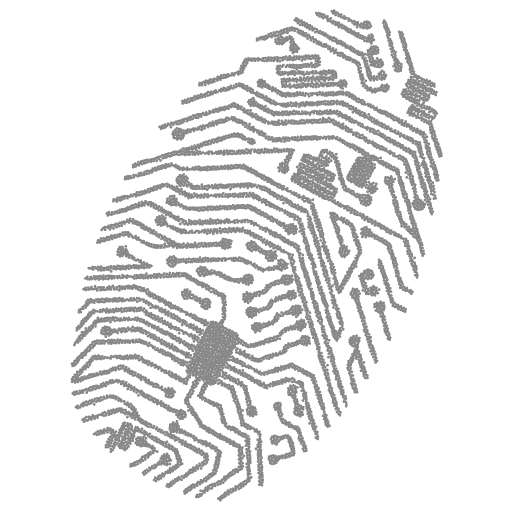For a long time, much has been written about artificial intelligence in the legal profession. We discussed various types of solutions in this area on our blog. One is predictive analytics, i.e. using algorithms to anticipate the judgments that will be issued by a given judge under a given state of facts. Such tools rely mainly on an analysis of rulings issued in the past and draw various types of conclusions from them, e.g. with respect to the chances for prevailing in a dispute.
Along with a recent reform of the justice system in France, a ban was recently introduced against using data concerning the identity of judges to evaluate, analyse, compare or predict their actual or supposed professional practices. Violation of this ban can lead to up to five years in prison.







